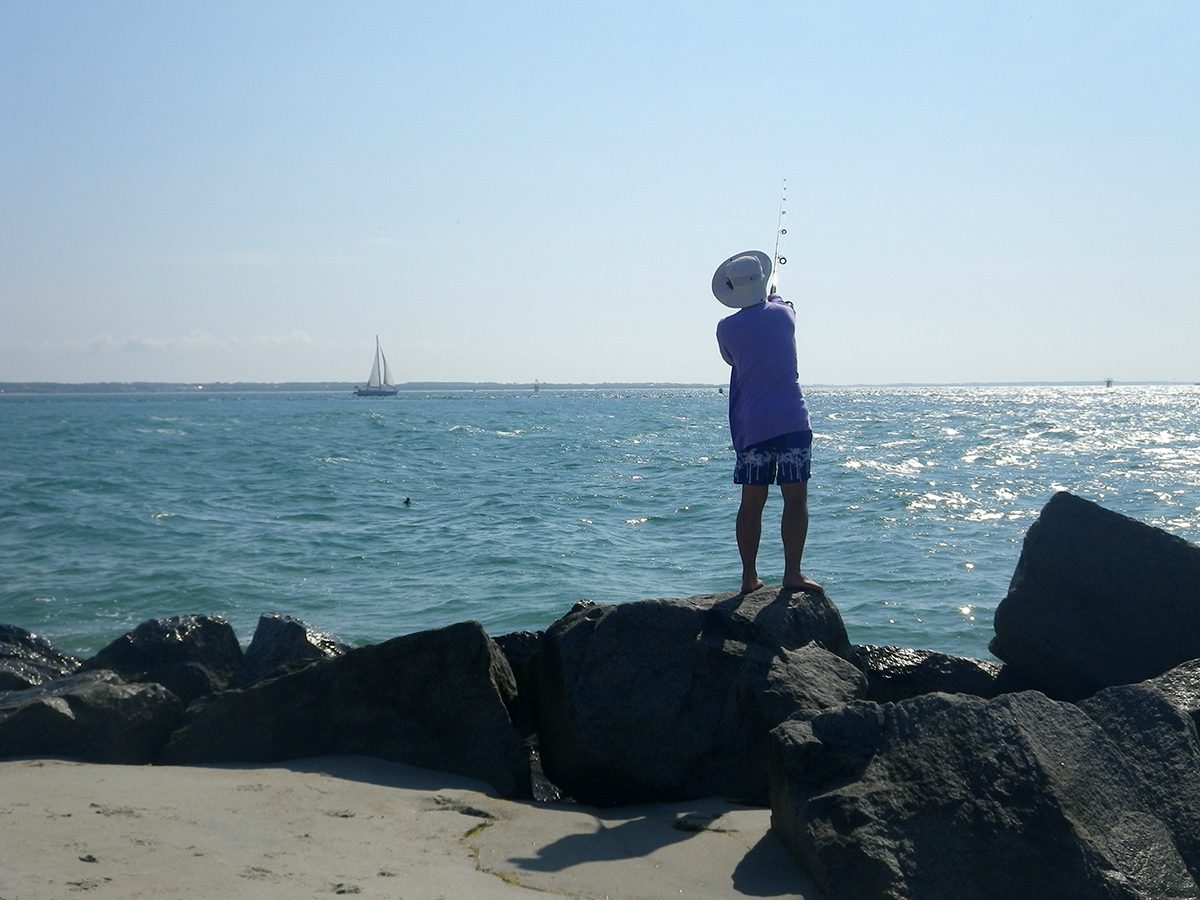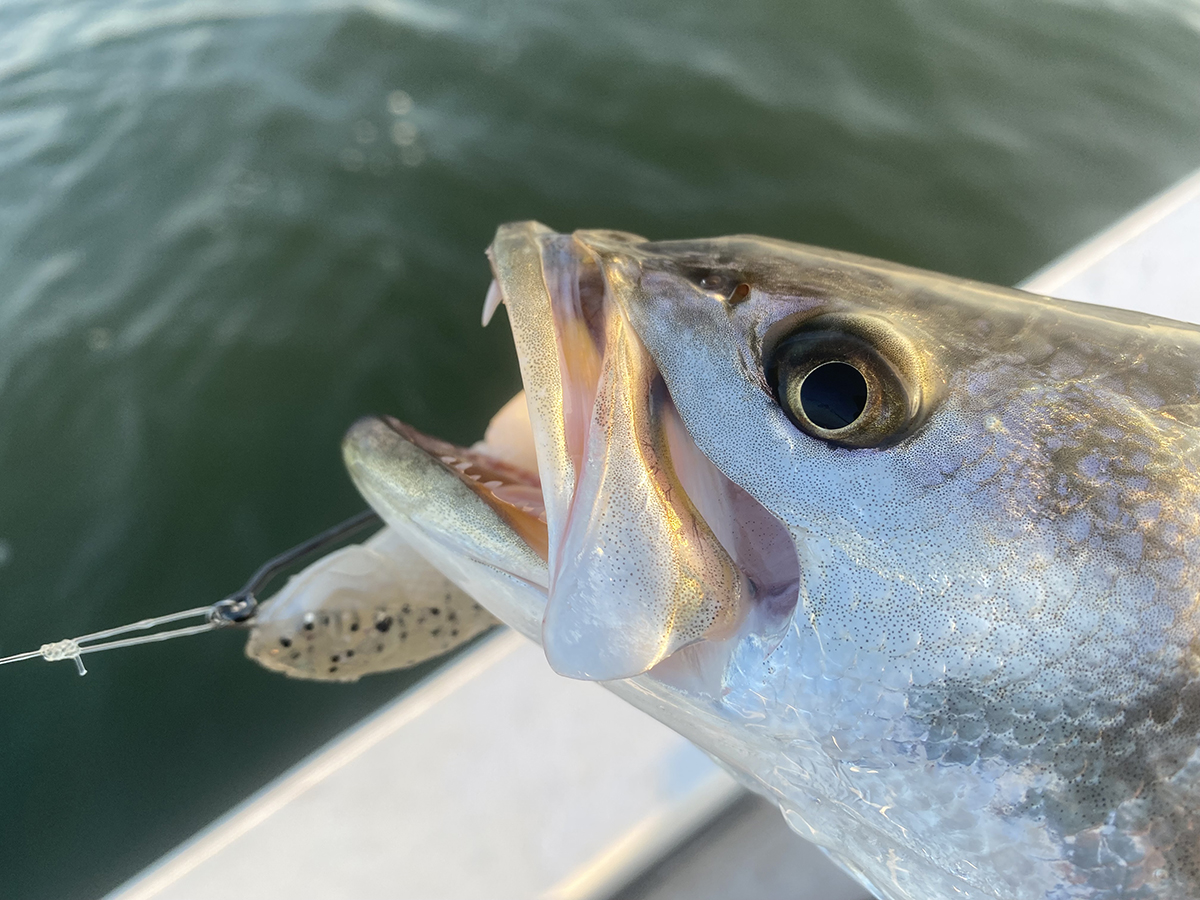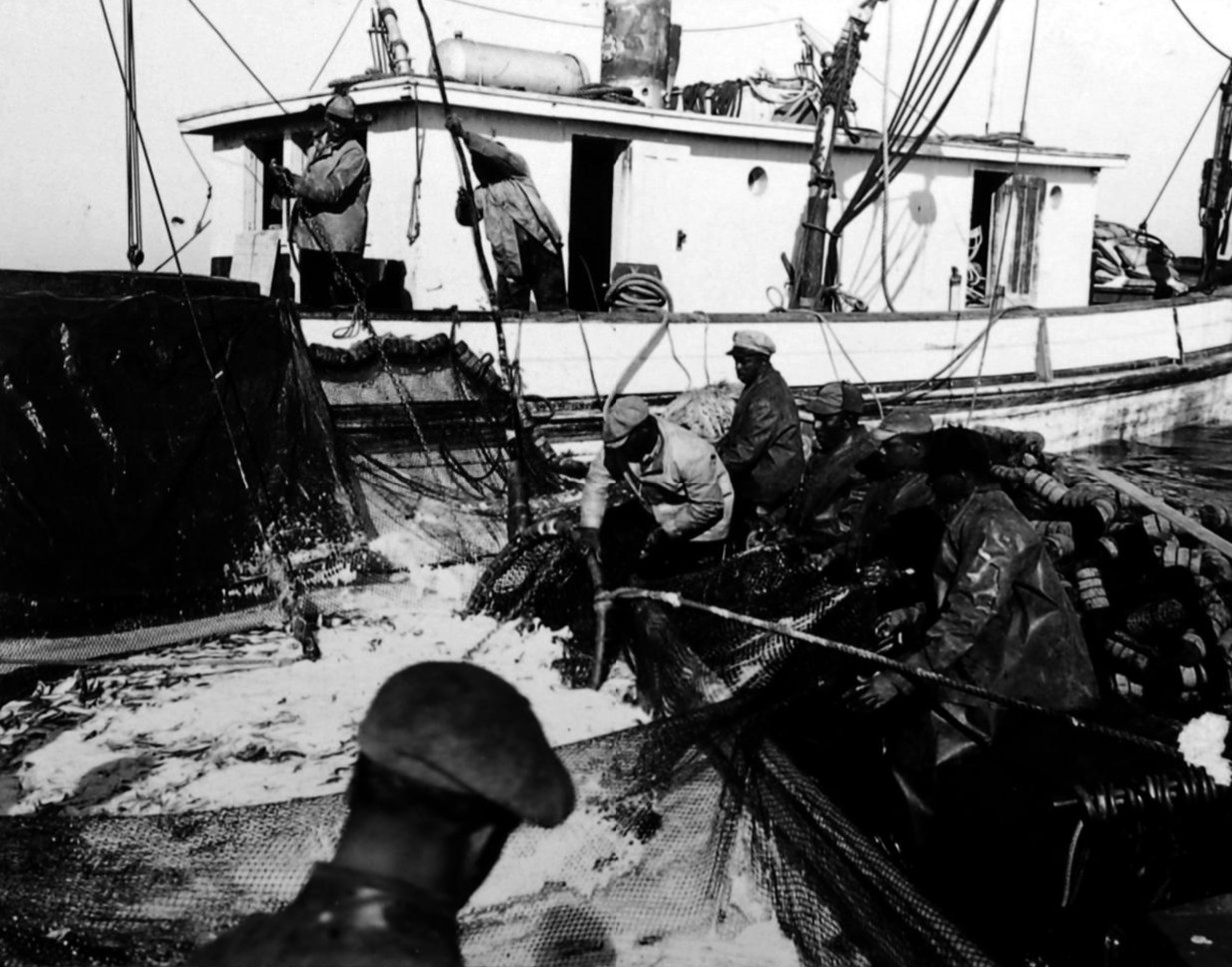
Temporary harvest reporting rules for coastal recreational and commercial fishers were adopted Thursday by the advisory boards to the state agencies responsible for enforcing the rules.
The North Carolina Marine Fisheries Commission and the Wildlife Resources Commission in separate meetings Thursday morning approved the rules, which will go into effect Dec. 1, unless state legislators agree to amend current law and push that date back by one year.
Supporter Spotlight
Before the fisheries commission cast a unanimous vote in a short, called meeting, officials reiterated that the rules are the result of law enacted last year by the North Carolina General Assembly, and not the state Division of Marine Fisheries or Wildlife Resources Commission.
Of more than 2,000 written comments submitted to the fisheries commission, 83% opposed the rules, which require recreational coastal anglers to report their catch of flounder, red drum, speckled trout, striped bass and weakfish. The law also requires commercial fishers to list all catch, including finfish, shellfish and crustaceans, that they do not sell to a dealer on their trip-ticket forms.
People who wrote in opposition to the rules argued that they are unenforceable, unnecessary bureaucracy and government overreach, and raised concerns about the accuracy and reliability of their collection.
The 10% of public comments the fisheries commission received in favor of the rules argue that they will lead to better data that will help the state manage its fisheries resources.
“It’s important that the public understand first of all that this is a legislative initiative and not something put forth by the commission or the division and I just want to state that,” said Fisheries Commissioner Tom Roller.
Supporter Spotlight
Roller went on to say that he is supportive of recreational reporting but that he objects to the species listed within the new reporting law.
“I guess my concern here is as we move forward with this is that we’re asking anglers to report species that the current system, MRIP (Marine Recreational Information Program), actually works pretty well for, and those are the species that are harvested by a large group of people and are more common,” he said.
The commission recently announced there will not be a recreational flounder season in the state this year. There is also no recreational season for striped bass and current bag limits for red drum and weakfish are one fish of each species per angler.
“To me, if you really want to truly collect data, having releases added to a harvest and release program makes more sense to me,” Commissioner Alfred Hobgood said.
“I agree with Commissioner Hobgood that we should be looking at releases in the future, particularly since this data stream is not going to be comparable to MRIP in any way. We’re not sure how it can be used for management,” Roller said. “The species we’re asking people to report, if we’re going to draw an analogy to hunting, we’re asking people to report their squirrels, bunnies and quail while ignoring the big game species like deer, turkeys and bear.”
The law, introduced by Sen. Norm Sanderson, R-Pamlico, was created at the suggestion of the newly formed North Carolina Marine & Estuary Foundation with the support of the North Carolina Fisheries Association, which represents commercial fishing interests, and the state chapter of the Coastal Conservation Association, which represents recreational anglers.
In a submitted guest commentary Coastal Review published earlier this week, Chad Thomas, the foundation’s executive director, wrote that the reporting rule would fill data gaps for both commercial and recreational harvests.
“With better data, the state can more effectively manage our valuable coastal fisheries that drive economic activity across the coast,” Thomas wrote.
North Carolina Fisheries Association Executive Director Glenn Skinner told Coastal Review that his organization is set to publish on its website an explainer on how the law got to where it is, including the recreational fishing group’s role.
“We’re glad that it’s passed this far,” Skinner said.
CCA North Carolina Executive Director David Sneed told Coastal Review Thursday evening that the recreational angler group was more interested in the portion of the law that pertains to commercial harvest reporting.
“I gave my support to Chad for his bill out of respect for what he and the foundation are trying to do for fisheries reform in North Carolina and to keep the commercial license reporting piece alive,” he said. “I think it is OK to raise questions and want to get something right.”
He noted that the current rules do not include discard information, “which is a big concern,” he said.
The law requires that the rules be enforced in phases over three years.
After the rules initially go into effect Dec. 1, anyone caught not complying with the law will receive a verbal warning. Full enforcement of the law is set to kick in Dec. 1, 2026, after which first-time offenders will face a $35 fine.
Repeat offenders will face the threat of license and permit suspensions.
Division of Marine Fisheries officials have asked legislators to push back implementation of the temporary rules by one year, saying that they need more time to inform the public about the reporting mandate and set up the reporting system.
Division and wildlife officials are hashing out the finer details of a reporting system for recreational anglers.
Legislators gave the agencies a one-time, $5 million allocation to set up a reporting system, which will give anglers the option to report their harvest by scanning a QR code or by going directly to the division’s website.
Printed report cards will be placed in bait and tackle shops and other areas for anglers who do not have smartphones or are in areas that do not have cell phone service.
Anglers will be required to provide their fishing license number or first and last name, ZIP code, the types and numbers of species harvested, length of each fish, the area in which those fish were harvested and the gear used to harvest them.
Fishers must report their harvests when they have finished finishing for the day. Those who use printed report cards to record their catch must submit the information electronically by midnight the following day.







